Eirene is the 4th planet from Beta Virginis. Eirene is very similar to Earth, both because of its composition and climate, and because it is the only planet in the system to possess life on its surface. Eirene's atmosphere is similar to Earth's during the Devonian period but with a higher moisture content, consisting of about 15 percent oxygen and 0.38 percent CO2. The planet's hot and humid tropical climate creates large clouds which take up most of the sky. The tropical climate also allows strong hurricanes to form almost constantly.
Eirene has a biological ecosystem made up of single-celled and primitive multi-celled organisms. Life on Eirene has evolved to be similar to the life found on Earth, the organisms have a DNA equivalent, PNA (Peptide nucleic acid), and an RNA equivalent, ANA (arabinose nucleic acid). The PNA and ANA strands use 4 bases, d5SICS, dNaM, Pyrrole-2-carbaldehyde, and Imidazole-4-carbaldehyde. Living beings on Eriene also have an ATP alternative in the form of GTP, and they have evolved Non-cyclic Photophosphorylation and Oxidative Phosphorylation with nitrate as a terminal electron acceptor to produce GTP. Plant and algae-like organisms have migrated onto the coasts of Eirene, with moss reaching further inland. Beta Virginis' greater output of UV rays and the thinner ozone layer on Eirene causes a greater dose of UV radiation on the surface. Plants near the equator have higher amounts of anthocyanin, flavonoid, and xanthophyll pigments which protect the plants from ultraviolet light and give them a reddish hue.
Eirene had a human colony established on it to both study the ecosystem present, and to act as the primary launch point for the inner Beta Virginis system. Though launching rockets often on Eirene is heavily discouraged to not disturb the ecosystems surrounding the launch site.
GENERAL INFO
- Successors 1 post(s)
- This post has been featured
- Created On: Windows
- Game Version: 1.3.111.0
CHARACTERISTICS
- Radius: 6,952 km
- Sea Level: 0 m
- Surface Gravity: 10.7 m/s
- Rotational Period: N/A
- Escape Velocity: 12.20 km/s
- Mass: 7.76E+24kg
Atmosphere
- Height: 139 km
- Scale Height: 9,751 m
- Surface Air Density: 1.540 kg/m3
- Surface Temperature: 309 K
EQUIRECTANGULAR MAP
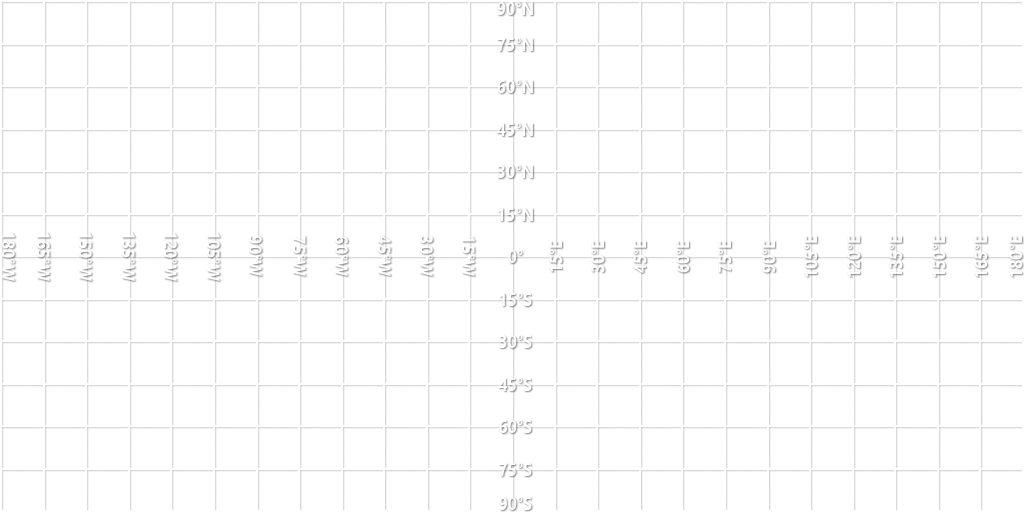
8 Comments
- Log in to leave a comment
-
1,683 Luc3s10 months ago
I was literally just learning about photophosphorylation, ATP, and DNA strands and bases today in biology.
-
-
1,057 Yzelok10 months ago
@deepfriedfrenchtoast
Can I use your planets in my system with other authors? If I can say so, then there will be an assembly of beautiful planets revolving around one star -
10.9k deepfriedfrenchtoast+1 10 months ago
@Yzelok You can look in the terrain generation to see how the auroras are made, and for the clouds I just used a map. Im only going to use this planet in the Beta Virginis system.
-
10.9k deepfriedfrenchtoast+1 10 months ago
@Samps0n Wikipedia was extremely helpful. And I used chat gpt to do alot of the work as well.
-
1,057 Yzelok10 months ago
This is awesome, how did you achieve the northern lights and such realistic clouds and can you also use your planets in your system of shared authors?
-
0 Samps0n10 months ago
First time I seen that incredible scientific detail out of, have you found the perks of a chatbot to write your blurbs or do you dabble in xenobiology too?

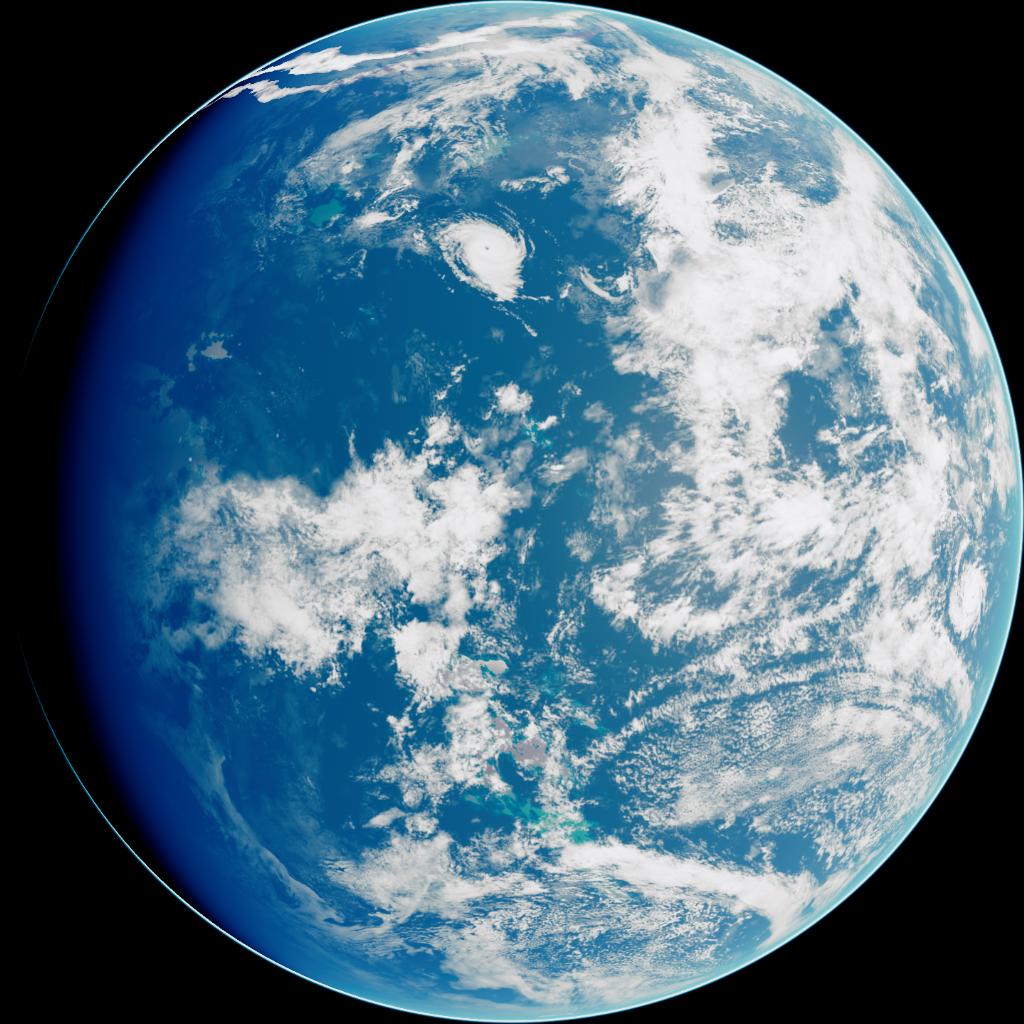
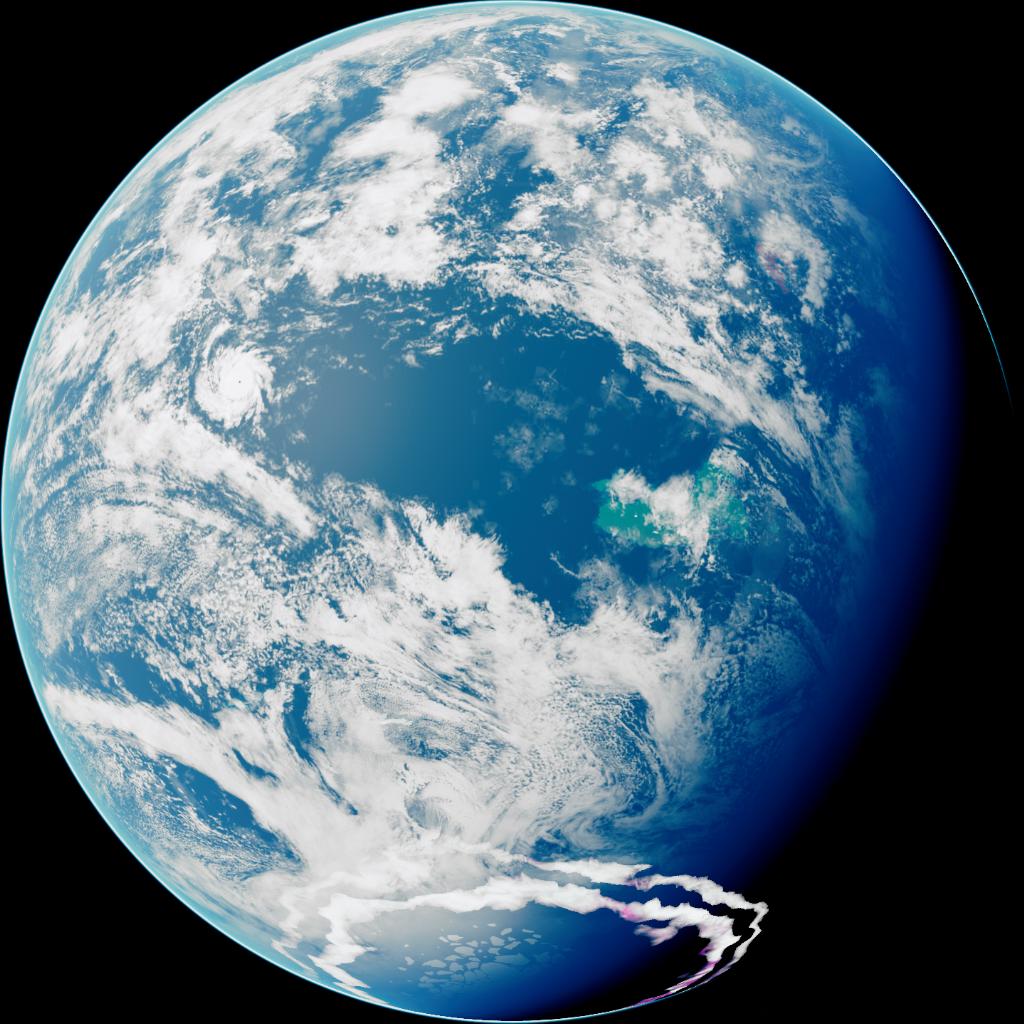
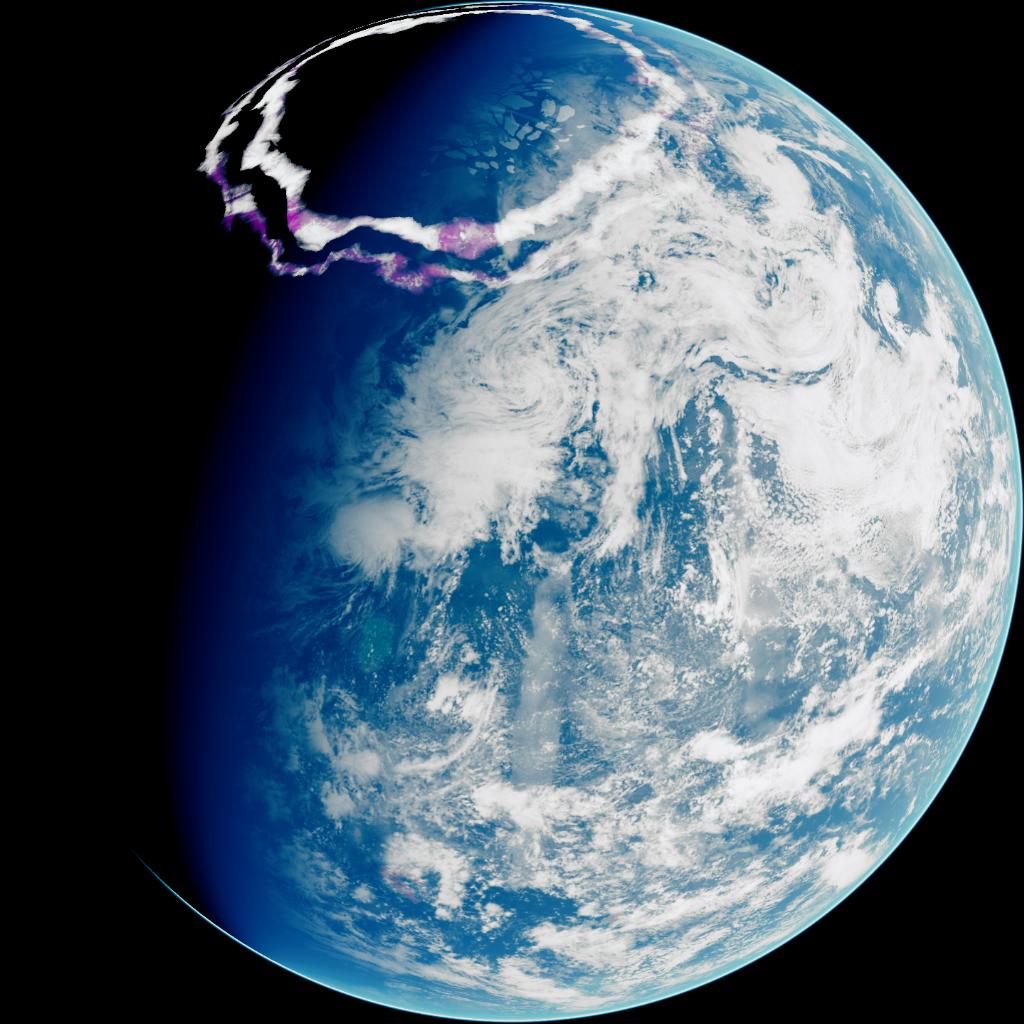
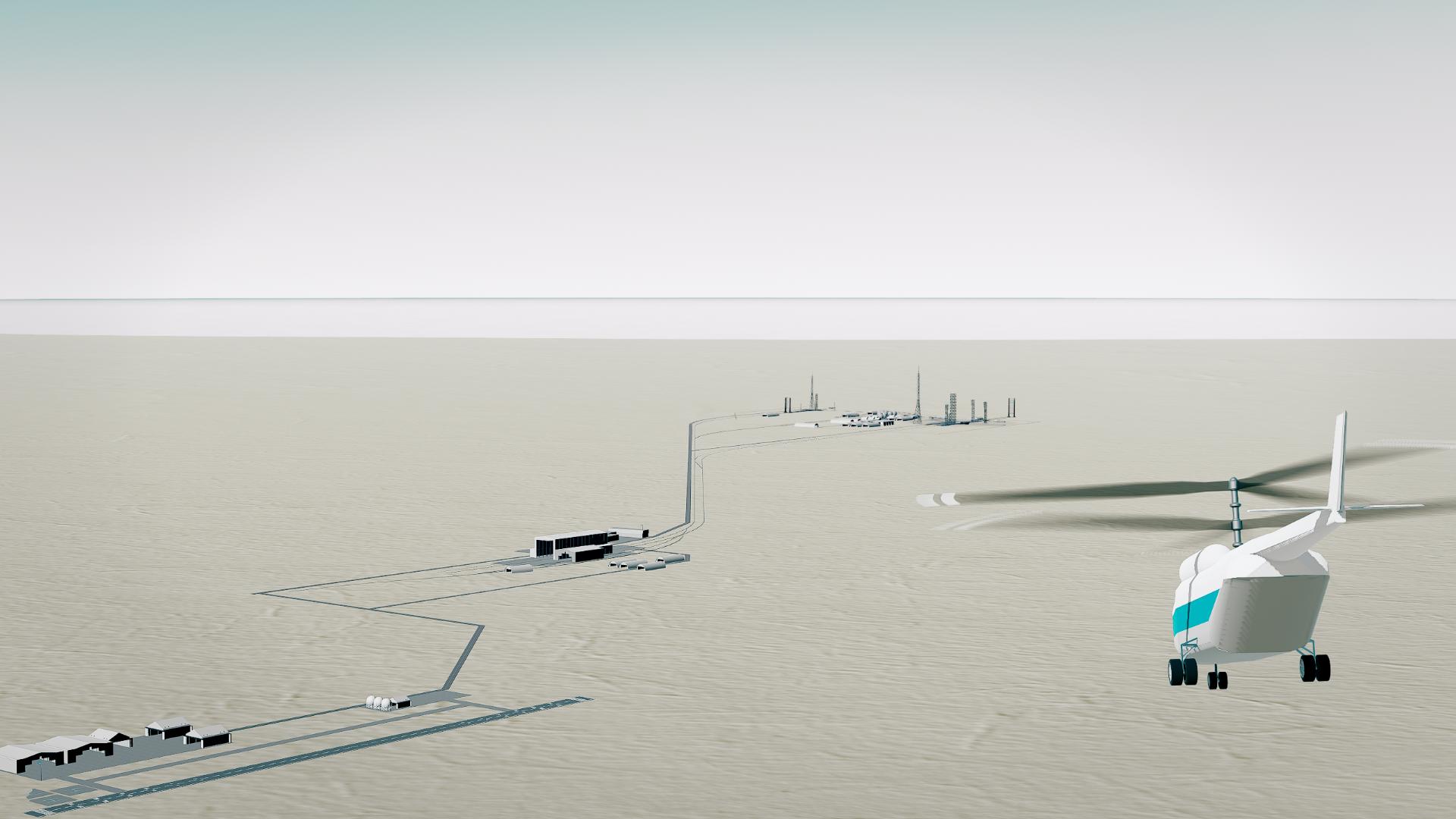
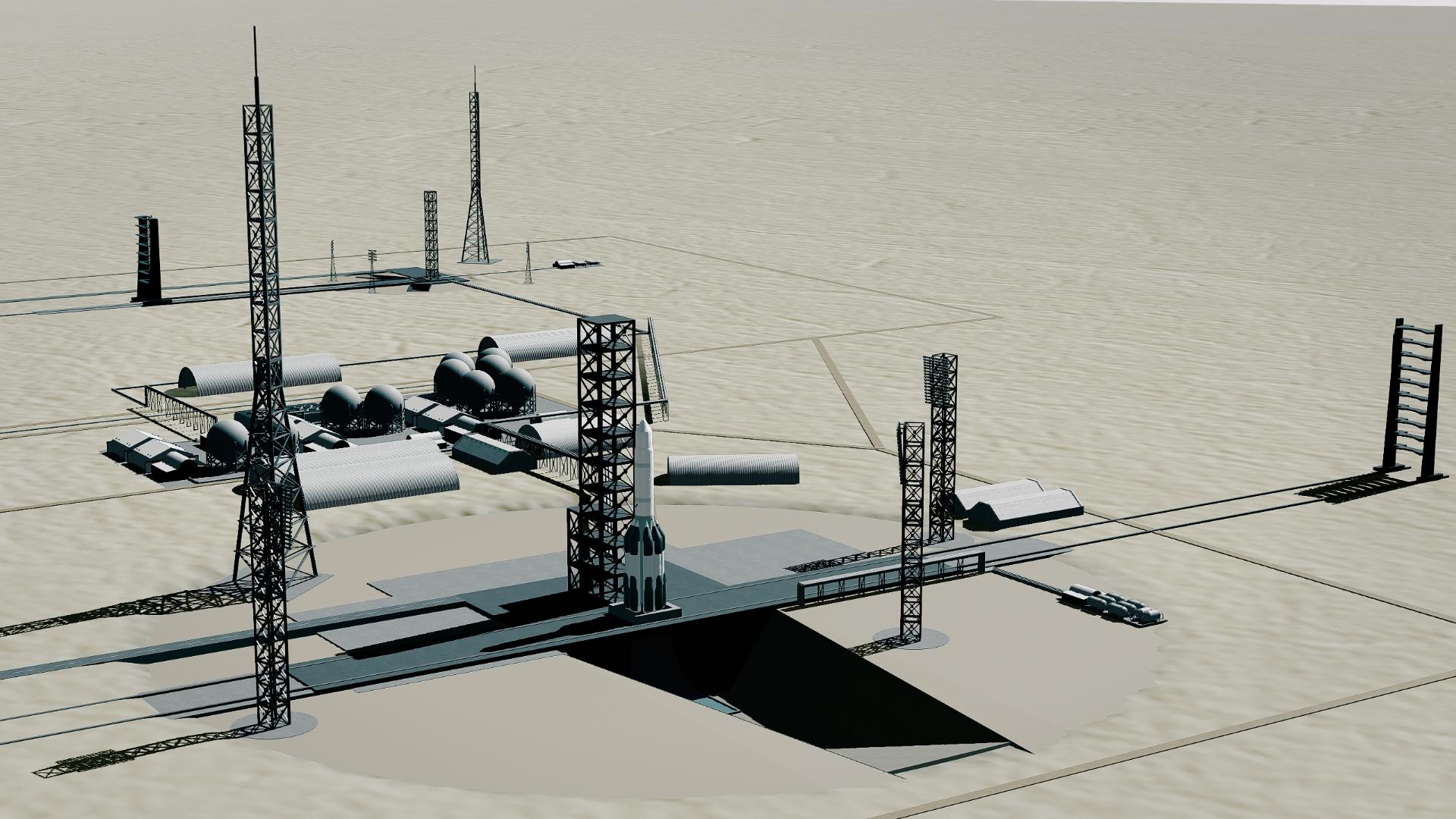
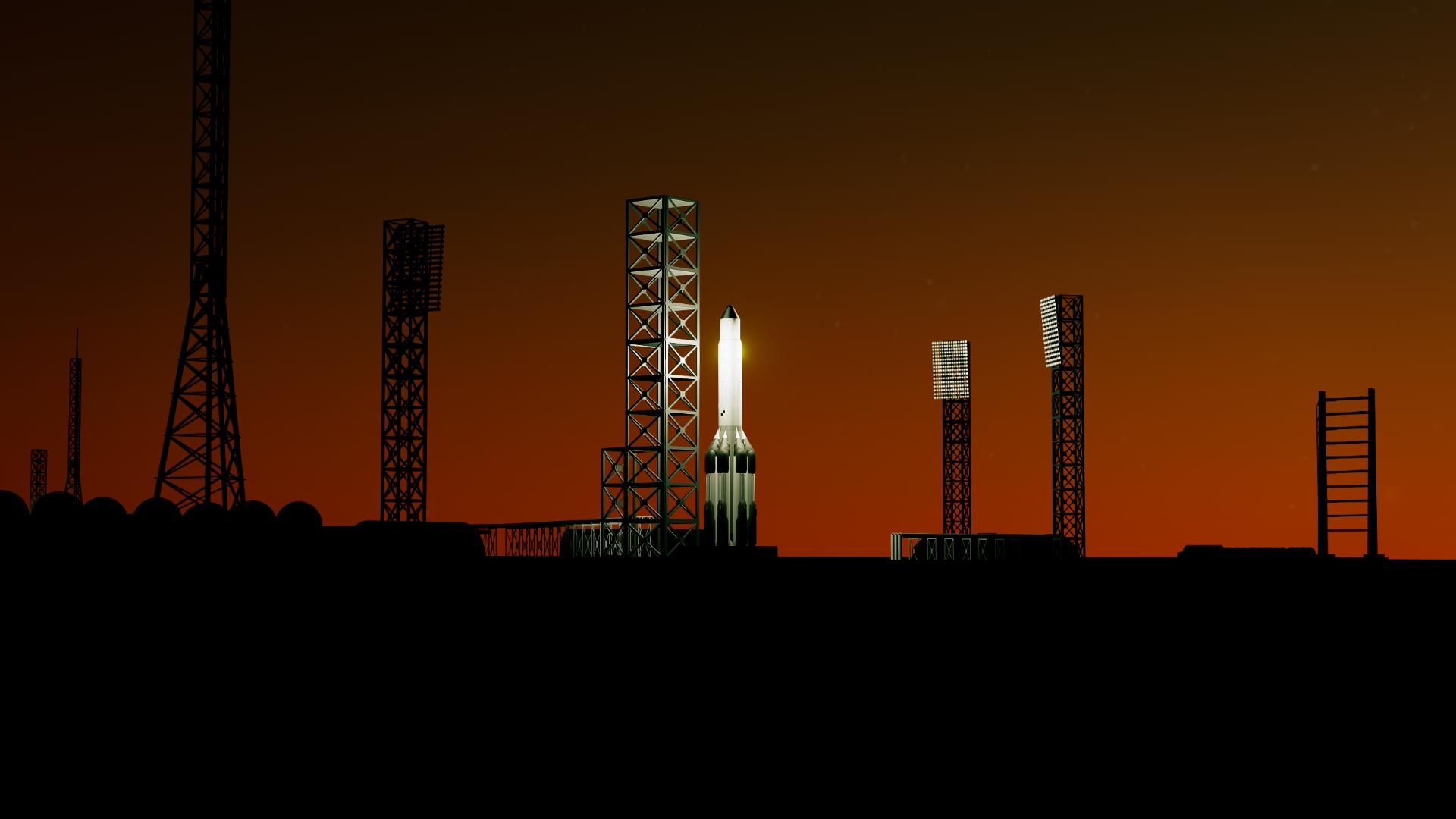
Looks weirdly similar to my planet.